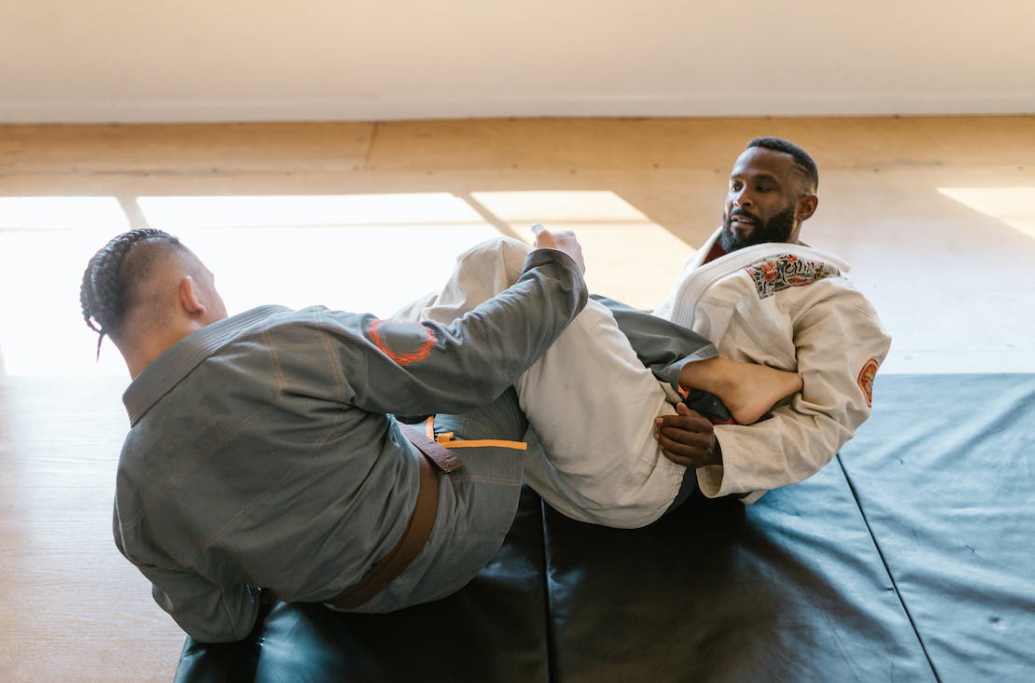
Brazilian Jiu-Jitsu (BJJ) is a martial art renowned for its focus on ground fighting and submission techniques. Originating from the Japanese martial art of Jiu-Jitsu, it took root and flourished in Brazil, developing its own distinct style. In this article, we delve into the captivating history of Brazilian Jiu-Jitsu, from its ancient Japanese roots to its transformative journey in Brazil and its subsequent global impact.
Ancient Origins: The Birth of Jiu-Jitsu
The origins of Brazilian Jiu-Jitsu can be traced back to feudal Japan, where it emerged as a combat system for samurai warriors. Jiu-Jitsu, meaning “the gentle art,” emphasized the utilization of leverage and technique to overcome adversaries, particularly in close combat scenarios. The art was refined by the samurai over centuries and consisted of various grappling, joint locks, and submission techniques.
The Journey to Brazil: Maeda’s Influence
The historical connection between Japan and Brazil played a pivotal role in the evolution of Brazilian Jiu-Jitsu. In the early 20th century, Mitsuyo Maeda, a skilled Japanese Jiu-Jitsu practitioner, embarked on a journey to promote the art globally. Arriving in Brazil in 1914, Maeda began teaching Jiu-Jitsu to a young Carlos Gracie, who would later become instrumental in the development and popularization of Brazilian Jiu-Jitsu.
The Gracie Legacy: Brazilian Jiu-Jitsu Takes Root
Carlos Gracie and his brothers, Helio, Oswaldo, Gastão, George, and others, further refined and adapted Jiu-Jitsu techniques to suit their physiques and smaller frames. Their innovative approach focused on leverage, positioning, and submissions, enabling practitioners to overcome larger opponents through technique and strategy. The Gracie family established the first Jiu-Jitsu academy in Rio de Janeiro, marking the birth of Brazilian Jiu-Jitsu as a distinct martial art.
The Rise of Vale Tudo and the Gracie Challenge
The Gracie family actively promoted Brazilian Jiu-Jitsu through the “Gracie Challenge,” an open invitation to fighters of various disciplines to test their skills against the Gracie practitioners. These challenges, along with the emergence of Vale Tudo (anything goes) competitions, showcased the effectiveness of Brazilian Jiu-Jitsu against other martial arts styles. The dominance of the Gracie family in these fights solidified the reputation of Brazilian Jiu-Jitsu as a highly effective martial art.
Global Expansion: The Birth of Mixed Martial Arts
In the 1990s, Brazilian Jiu-Jitsu gained widespread recognition through the creation of the Ultimate Fighting Championship (UFC), a mixed martial arts (MMA) competition that pitted fighters from different disciplines against each other. Brazilian Jiu-Jitsu practitioners, particularly Royce Gracie, showcased the art’s effectiveness by consistently defeating opponents using their superior ground-fighting and submission skills. This marked a turning point, as Brazilian Jiu-Jitsu gained global attention and popularity.
The Evolution of Brazilian Jiu-Jitsu: Sport and Self-Defense
As Brazilian Jiu-Jitsu expanded globally, it evolved into a competitive sport with established rules and weight classes. It became renowned for its grappling tournaments, such as the International Brazilian Jiu-Jitsu Federation (IBJJF) tournaments. Brazilian Jiu-Jitsu practitioners worldwide continue to refine techniques, develop new strategies, and explore the art’s possibilities, both in the sporting realm and as a practical self-defense system.
Philosophy and Values: Beyond the Physical
Brazilian Jiu-Jitsu encompasses a philosophy that extends beyond its physical techniques. It emphasizes discipline, respect, perseverance, and the continuous pursuit of personal growth. Practitioners develop mental fortitude, humility, and a problem-solving mindset, which they carry into their daily lives.
The history of Brazilian Jiu-Jitsu intertwines the ancient roots of Japanese Jiu-Jitsu with the innovative spirit of the Gracie family in Brazil. From its humble beginnings to its global impact, Brazilian Jiu-Jitsu has transcended boundaries, reshaping the martial arts landscape. Today, it stands as a testament to the effectiveness of technique and strategy, empowering individuals with practical self-defense skills, physical fitness, and a philosophy that extends beyond the mats.